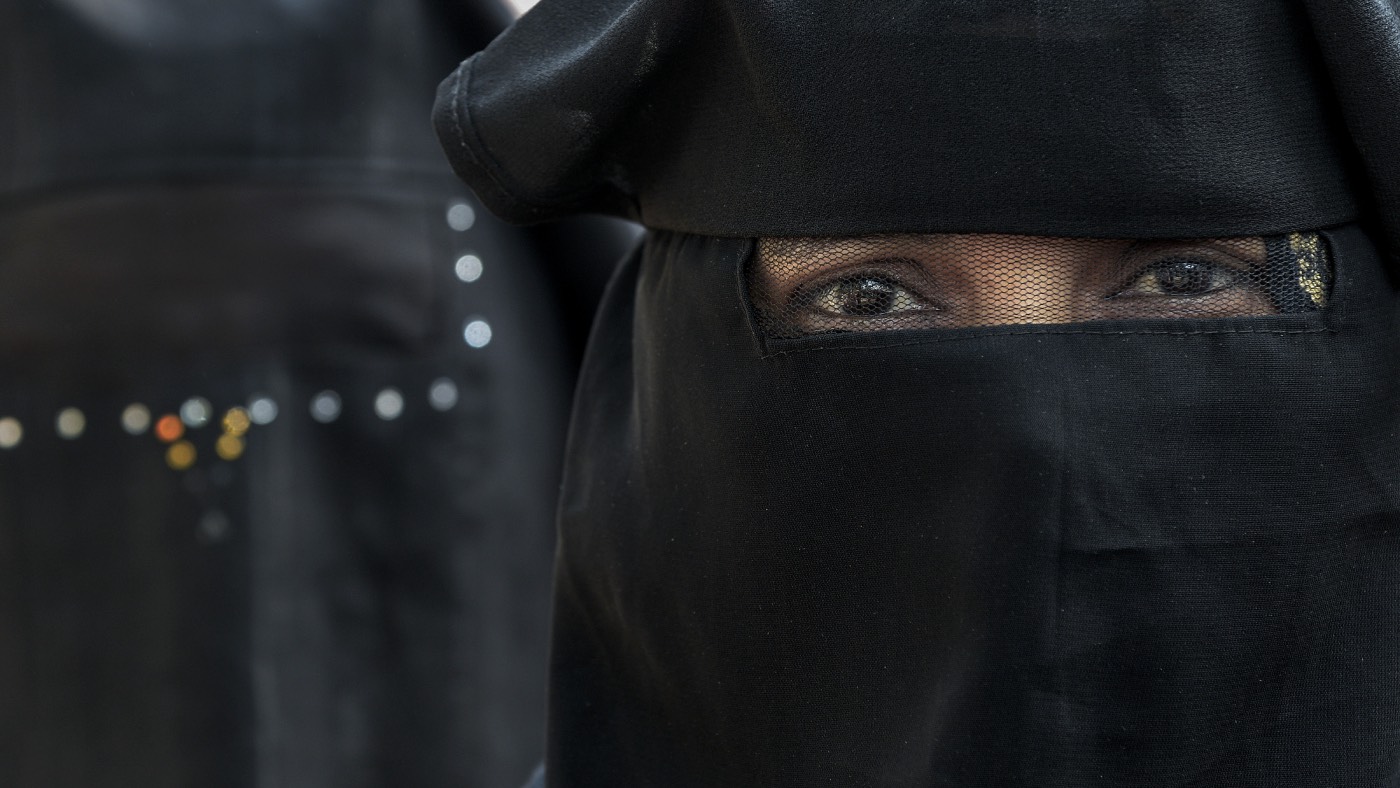India’s Muslims feel persecuted during coronavirus pandemic
Community has been wrongly accused of being responsible for spread of Covid-19

A free daily email with the biggest news stories of the day – and the best features from TheWeek.com
You are now subscribed
Your newsletter sign-up was successful
Muslims in India are facing a fresh wave of Islamophobia during the coronavirus pandemic.
The nation’s 200 million Muslims have been targeted on the streets and online, and accused of spreading the virus. CNN says this is “playing into growing Hindu nationalism which in recent years has seen India's Muslim societies increasingly marginalized”.
The renewed surge of bigotry began after a Muslim missionary group, Tablighi Jamaat, held a conference in New Delhi, which turned into one of India's biggest coronavirus hot spots. This led to Muslims being harassed across the country.
The Week
Escape your echo chamber. Get the facts behind the news, plus analysis from multiple perspectives.

Sign up for The Week's Free Newsletters
From our morning news briefing to a weekly Good News Newsletter, get the best of The Week delivered directly to your inbox.
From our morning news briefing to a weekly Good News Newsletter, get the best of The Week delivered directly to your inbox.
–––––––––––––––––––––––––––––––For a round-up of the most important stories from around the world - and a concise, refreshing and balanced takeon the week’s news agenda - try The Week magazine. Start your trial subscription today –––––––––––––––––––––––––––––––
Mehboob Ali, 22, was on his way home from a Muslim missionary conference in central India when he was attacked in Harewali and forced to beg for his life. Reporting on a video of the incident, NPR radio said: “He's shaking. His hands and face are bloody. His attackers beat him and threaten to douse him with fuel and set him on fire. They accuse him of intentionally trying to spread the coronavirus.”
Mohammed Shukrdeen, a milk producer in the state of Punjab, said his community has been targeted by both residents and the authorities. He said: “First, no one wanted to buy milk from us, and second, local authorities would raid our houses.”
Mohammed Sakeb, who distributes ration kits to Muslim families, said he and his fellow volunteers now face harassment. “The other day a 25-year-old volunteer was distributing rations to the worst affected Muslim families. The police stopped him, didn't ask any questions and then started hitting him. He had to run away,” he said.
A free daily email with the biggest news stories of the day – and the best features from TheWeek.com
Meanwhile, hashtags blaming Muslims for the coronavirus have gained traction on social media, including #CoronaJihad, #CrushTablighiSpitters and #BioJihad. “We have observed a deliberate pattern to delegitimize the community,” Alt News, an Indian non-profit fact-checking website, said.
In a post on social media, Prime Minister Narendra Modi called for calm. He said: “Covid-19 does not see race, religion, colour, caste, creed, language or border before striking. Our response and conduct thereafter should attach primacy to unity and brotherhood. We are in this together.”
However, many blame Modi for the resurgence in anti-Muslim feeling in India. Many Muslims say his Hindu nationalist agenda has left them feeling like second-class citizens in their own country.
The Organization of Islamic Cooperation has expressed “deep concern” about “rising anti-Muslim sentiments and Islamophobia within political and media circles and on mainstream and social media platforms”.
Chas Newkey-Burden has been part of The Week Digital team for more than a decade and a journalist for 25 years, starting out on the irreverent football weekly 90 Minutes, before moving to lifestyle magazines Loaded and Attitude. He was a columnist for The Big Issue and landed a world exclusive with David Beckham that became the weekly magazine’s bestselling issue. He now writes regularly for The Guardian, The Telegraph, The Independent, Metro, FourFourTwo and the i new site. He is also the author of a number of non-fiction books.
-
 6 of the world’s most accessible destinations
6 of the world’s most accessible destinationsThe Week Recommends Experience all of Berlin, Singapore and Sydney
-
 How the FCC’s ‘equal time’ rule works
How the FCC’s ‘equal time’ rule worksIn the Spotlight The law is at the heart of the Colbert-CBS conflict
-
 What is the endgame in the DHS shutdown?
What is the endgame in the DHS shutdown?Today’s Big Question Democrats want to rein in ICE’s immigration crackdown
-
 A Nipah virus outbreak in India has brought back Covid-era surveillance
A Nipah virus outbreak in India has brought back Covid-era surveillanceUnder the radar The disease can spread through animals and humans
-
 How music can help recovery from surgery
How music can help recovery from surgeryUnder The Radar A ‘few gentle notes’ can make a difference to the body during medical procedures
-
 Covid-19 mRNA vaccines could help fight cancer
Covid-19 mRNA vaccines could help fight cancerUnder the radar They boost the immune system
-
 The new Stratus Covid strain – and why it’s on the rise
The new Stratus Covid strain – and why it’s on the riseThe Explainer ‘No evidence’ new variant is more dangerous or that vaccines won’t work against it, say UK health experts
-
 RFK Jr. vaccine panel advises restricting MMRV shot
RFK Jr. vaccine panel advises restricting MMRV shotSpeed Read The committee voted to restrict access to a childhood vaccine against chickenpox
-
 RFK Jr. scraps Covid shots for pregnant women, kids
RFK Jr. scraps Covid shots for pregnant women, kidsSpeed Read The Health Secretary announced a policy change without informing CDC officials
-
 New FDA chiefs limit Covid-19 shots to elderly, sick
New FDA chiefs limit Covid-19 shots to elderly, sickspeed read The FDA set stricter approval standards for booster shots
-
 RFK Jr.: A new plan for sabotaging vaccines
RFK Jr.: A new plan for sabotaging vaccinesFeature The Health Secretary announced changes to vaccine testing and asks Americans to 'do your own research'